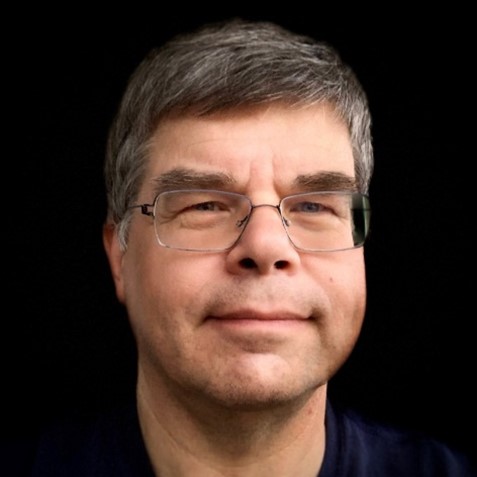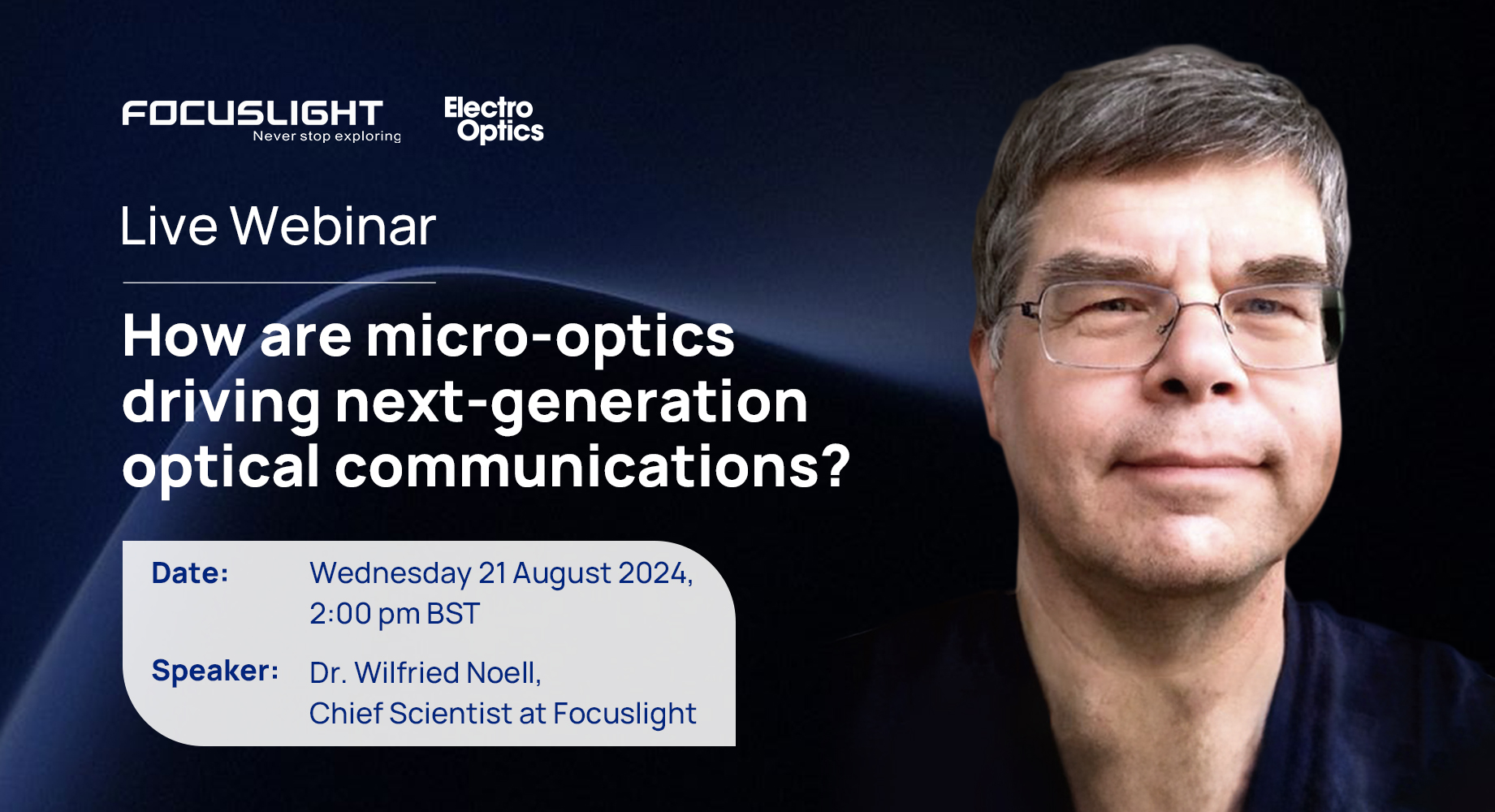 Return
Return
Webinar | How are micro-optics driving next-generation optical communications?
Time:2024-08-02
Wednesday 21 August 2024, 2:00pm BST, Dr. Wilfried Noell, Chief Scientist at Focuslight, delivering an online presentation at Electro Optics on the topic of “How are micro-optics driving next-generation optical communications?”
Summary
Next-generation optical interconnects in data center’s and artificial intelligence (AI) / large language model (LLM) clusters are facing a number of challenges due to factors such as increased bandwidth demand, the need for ultra-low latency, and high power consumption. The significant growth in data traffic from AI applications requires scalable and energy-efficient solutions, and integrating advanced optical technology with existing infrastructure can be complex. Ensuring reliability and durability under rigorous demands is essential, and balancing performance improvements with cost-effectiveness remains a critical hurdle for widespread adoption.
This webinar will examine refractive and diffractive micro-optics as a solution, looking at how they can drive frontier applications in next-generation optical communications. It will also detail how refractive and diffractive micro/nano-optics can enable PICs and optical switches.
Speaker

Dr. Wilfried Noell
Chief Scientist at Focuslight
Dr. Wilfried Noell is Chief Scientist at Focuslight, specialising in integrated optics, microtechnology, silicon photonics and miniaturising photonics systems. With more than 25 years of experience in the photonics industry, he previously served as Senior Principal Scientist and Director of R&D at SUSS MicroOptics (acquired by Focuslight in January 2024, now as Focuslight Switzerland).
Wilfried started his career as team leader at the University of Neuchâtel and has later held key roles at Comet AG and EPFL, focusing on MEMS and optical MEMS (MOEMS). Wilfried holds a PhD in Si-Photonics for sensing applications from IMM Mainz / Uni Ulm and a master's degree in physics from TU Darmstadt / Deutsche Telekom for his work on InP integrated optics.












 Return
Return








